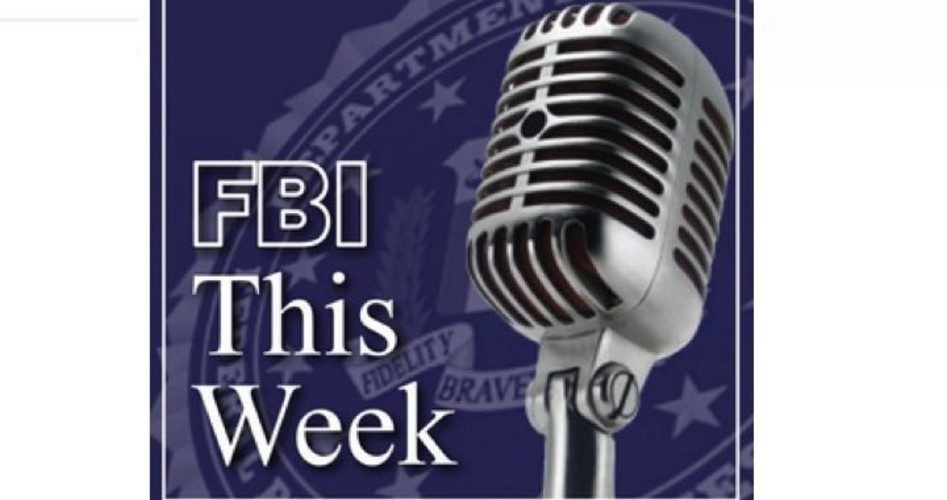
The FBI — which has been accused of protecting Hillary Clinton during the dog and pony show that was passed off as an investigation last year — appears to be continuing along that same course. This week, it was reported that the FBI refused a Freedom of Information Act (FOIA) request from a lawyer seeking documents showing that Clinton committed perjury during testimony about her use of a private e-mail server and account. The FBI — in a letter denying the request — told that lawyer, Ty Clevenger from New York City, that the FBI “determined you have not sufficiently demonstrated that the public’s interest in disclosure outweighs personal privacy interests of the subject.”
While many in the media have reported that the FBI’s claim of a lack of “public interest” means that the public is not interested in what those documents contain or could reveal, the phrase “public interest has a specific legal definition: “Anything affecting the rights, health, or finances of the public at large.” Considering that Hillary Clinton is a former senator, former secretary of state, and former candidate for the presidency, and that — while secretary of state — she conducted State Department business via an unauthorized, private e-mail server using an unauthorized, private e-mail account endangering the rights, health, and finances of the public at large, it is difficult to see how the FBI can spin the facts and deny “public interest.”
Of course, this is the same FBI — though no longer under the mis-leadership of ousted director James Comey — that twice refused to recommend indictment for Hillary’s many and obvious crimes. It is probable that this time around, the agency is less interested in protecting Clinton and more interested in preventing documents from coming to light that would show that the FBI is without excuse for those previous coverups.
As The New American previously reported in a series of articles, Clinton knowingly broke the law when she sent and received at least 2,079 classified e-mails over her private, unsecured, unauthorized e-mail server and account, lied to the public when she claimed that she did not recognize those classified markings, likely perjured herself during 11 hours of sworn testimony before the House Select Committee on Benghazi on October 22, 2015, likely perjured herself again in August 2016 when she testified about the e-mails she sent and received while she was secretary of state, risked national security by operating her e-mail server and account the way she did — revealing the names of classified intelligence officials and possibly resulting in the death of an Iranian scientist who had helped the United States, used her position as secretary of state to swell the coffers of the Clinton Foundation by making U.S. policy a commodity that she sold to high bidders, further blurred the lines between the State Department and the Clinton Foundation via a series of conflicts of interest that would make fiction writers blush at the audacity of the plot, and appears to have continued exerting influence on the State Department well into her run for the White House.
Any and all of that litany of offenses (which is an abbreviated list by any account) shows that the “public interest” would be well served by the release of documents related to her crimes and the FBI “investigations” that failed to bring her to justice.
Yet, after then-House Oversight Chairman Jason Chaffetz (R-Utah) issued a referral to the Justice Department on September 6, 2016, requesting the department to “investigate and determine whether Secretary Clinton or her employees and contractors violated statutes that prohibit destruction of records, obstruction of congressional inquiries, and concealment or cover up of evidence material to a congressional investigation,” Clevenger’s FOIA request for all documents related to and resulting from Chaffetz’s referral was denied.
David M. Hardy of the FBI’s Records Management informed Clevenger of the decision by letter, writing, “If you seek disclosure of any existing records on this basis, you must demonstrate that the public interest in disclosure outweighs personal privacy interests. In this regard, you must show that the public interest sought is a significant one, and that the requested information is likely to advance that interest.” So far, so good. After all, a compelling public interest concern ought to be a prerequisite for releasing documents related to an investigation. Where Hardy’s letter drifts into the Twilight Zone is in the paragraph that reads, “You have not sufficiently demonstrated that the public’s interest in disclosure outweighs personal privacy interests of the subject. Therefore, records regarding your subject are withheld pursuant to FOIA exemptions.”
In an August 11 letter to the FBI in response having his FOIA request shot down under such thin guise, Clevenger wrote, “Frankly, I am stunned I should have to explain why my request pertains to a matter of public interest.” Well put. That releasing the documents is in the public interest is so obvious it boggles the mind to hear excuses to the contrary.
Hardy’s letter went on to tell Clevenger, “It is incumbent upon the requester to provide documentation regarding the public’s interest in the operations and activities of the government before records can be processed pursuant to the FOIA.” If the FBI will actually abide by that standard, Clevenger should have little difficulty meeting it. Clinton’s crimes are plenteous and evidence of injury to the rights, health, and finances of the public at large are easy to produce.
But considering that the FBI bent over backward to ignore evidence and facts related to Clinton’s crimes when the agency was ostensibly investigating her, it requires no stretch of the imagination to predict that whatever evidence Clevenger produces would likewise be overlooked by the very people who now likely have an interest in covering up the fact that they covered up for Hillary.
It appears that while the public interest would be served by the release of the documents, the interest of the FBI runs counter to that. If the FBI is allowed to make this decision, those documents are unlikely to ever see the light of day.
Image: Screenshot of FBI webpage



